Books keep asking me to forgive guys for being awful and making me feel scared for the female characters. I don’t buy it.
— three (@KathSwitch) April 24, 2016
Teen lit never gave me this problem. Maybe YA wouldn’t either – I’ll get to that. But for now, all I want to know is, why do adult m/f stories always have such skeevy men in them?
Anyway, I wanted to chat a little bit about the reading I’ve been doing and where they all stand on the skeeviness scale.
I enjoyed this book. Based on the reviews I read, I didn’t think I would – they pointed out the exact same problem I’m going to point out. But before I talk about Ted Connors, I just want to point out that this book is not really about Ted Connors at all, and I want to give Karen Swan points for keeping it that way. Ro gains friendships, independence, and stops being insufferable throughout the story, and I love that character development. Some reviewers complained that she was too whiny – I disagree. It was necessary for her to be whiny in the beginning, because of where this story was going.
All of that aside, though, Ted assaulted Ro when they first met. Does he have a tragic back story? Yes. Did he have good reasons for feeling upset? Absolutely. But he assaulted her. And the story takes that very seriously, from the moment it happens until the moment we’re force fed his tragic back story.
Being tragic DOES NOT GIVE MEN PERMISSION TO ASSAULT WOMEN. Take the genders out of that sentence if you want because it doesn’t really matter. Being tragic does not excuse your actions. I do not excuse Ted’s actions, and I did not like the fact that everyone, the characters and narrator, all wrote off Ro’s discomfort as attraction. Sometimes women feel uncomfortable around men, and it isn’t because they’re turned on. In this case, it was because he HAD ASSAULTED HER. Okay, I’m done.
This book is second on my list DESPITE THE FACT THAT IT IS A BODICE RIPPER. That just serves to illustrate how creeped out I was by Ted above.
McKenna was also pushy, and the story doesn’t take it very seriously at all – but the comparison I want to draw here is that Aline was always into McKenna, she openly was attracted to him, and she never gave off that same “I’m in danger” vibe I got from Ro in the above story. So yes, pushy annoying alpha male, but at LEAST the narrator isn’t casually painting discomfort as attraction. Everyone’s just attracted to each other, in this story. It’s definitely more palatable.
The side story with What’s His Face and What’s Her Name (Gideon and Olivia) was less like this, which also softened the blow a little bit.
I wrote out a full-blown review of this one, complaining about how Violet’s love interest took over her story. Having said that, Doctor Paul was also a total alpha male, and he WAS very pushy.
Like Again the Magic, we had a female character who at least told the reader she was into the guy. Their relationship was a lot more two-sided, and Paul actually got kind of sad and desperate at the end there (which wasn’t better). But given the self-aware nature of this story (see: Worst Character Ever Walter Grant), I think the romance could have been done better, and with a more consensual feel to it.
Basically, I want to write off the myth that consent isn’t romantic or sexy, because… EW.
Now let’s talk about some other stuff.
Lesbian fairy tale!
Yeah, this is a change of tune. I read this recently and never wrote a full review, so I’m going to bring it up now in a list of romances because why not.
As far as I can tell, C.M. Blackwood is pulling elements of existing fairy tales here and there, but mostly created an original one. The style reads a lot like a Brothers Grimm/HCA fairy tale – that compelling matter-of-fact way of narrating a story that doesn’t have any basis in fact at all. I’ve always found the narration style of fairy tales interesting – the narrator doesn’t ask the reader to please believe them, they just expect you to. And you do, even though the story is about kingdoms and magic and princesses and whatever else. Fairy tales, man.
Gala is the princess in this story, and her love interest is Ariella. I LOVED the way Ariella was written. (Can you tell I’m obsessed with strong female characters?) The men above could have taken pointers from her on how to be the more powerful person in a relationship without being a total creep about it. She was respectful and withdrawn from Gala, which is waaaay more interesting to me than the whole “I cannot resist you I am man” fiasco I keep having to endure.
I should discuss this book NOT in the context of all these other works, but for now: Would recommend to anyone who’s into fairy tales and strong female characters (and how often does one get to say that?)
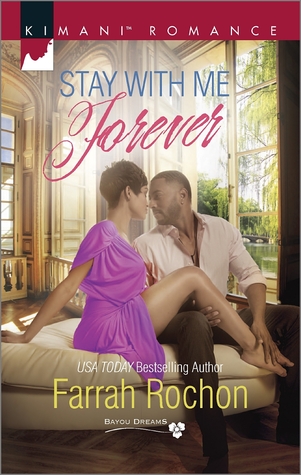
I just bought this yesterday and I’m a few chapters in. Although I’m not ready to go ahead and place it at the bottom of my skeeve scale JUST based on the first few chapters, it is definitely a change. The thing that convinced me to buy it was that the female main character, Paxton, was described as a “career woman”. I will read every romance (and watch every rom com) about career women without a second thought, apparently.
So I’ll finish the book before I make any definite statements, but YAY women in power roles in books!

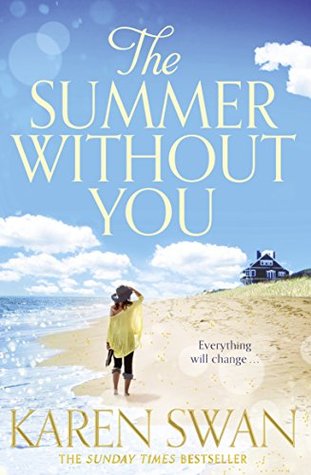
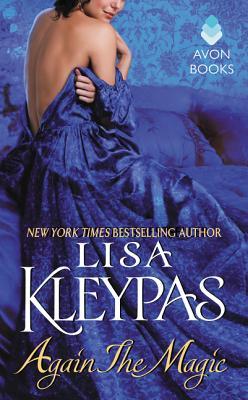
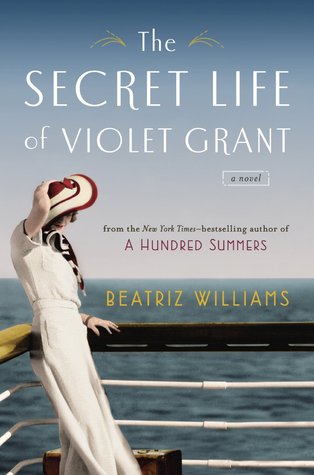
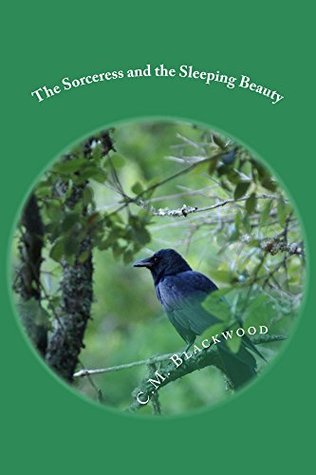



[…] is it that whenever I (three) review books, I end up just complaining about things that bug me? I am such a bitter […]